The Cyber-Security Excellence Hub in Estonia and South Moravia (CHESS), the Estonian Academy of Sciences, the Estonian Information System Authority (RIA) and Cybernetica organised the Future Cryptography Conference in Tallinn on May 13, 2024. Over 80 participants from different European universities, companies and public institutions took part in the event.
The participants discussed how to use mathematics to protect the secrets of governments, companies and individuals against future technologies. A quantum computer that breaks today’s internet communication security, digital signatures or identities is likely over two decades away. Still, someone collecting encrypted documents today may be able to decrypt them without authorisation once a quantum computer becomes powerful enough.
The inaugural Future Cryptography conference focused on post-quantum cryptography (PQC), a group of technologies that the quantum computers foreseen today will not be able to breach. We heard several talks about standards, applications and migration strategies by scientists and government stakeholders from Estonia and Czechia.
Key takeaways from the conference presentations:
Optimists
Arne Ansper (Estonia): “Big industry is working on PQC on the Internet and rolling it out.”
Petr Muzikant (Czechia): “Building PQC operations right now is already engineering for some tasks, research for others.”
Peeter Laud (Estonia): “In PQC authentication and digital signatures, we are still in R&D. But we have several approaches in the works.”
Ioannis Askoxylakis (European Commission): “The European Commission is looking for EU-scale deployments for industry and government.”
Pragmatists
Jan Hajný (Czechia): “The governments, industry and standards bodies are standardising and telling us to move forward, however, there are questions to be answered and we should still think before we leap.”
Jan Willemson (Estonia): “Breaking today’s cryptography has a time and money cost. Not all applications have a near-term need for PQC.”
Realists
Tomáš Rabas (Czechia): “Czechia has a national quantum strategy in preparation. There are whitepapers for managers and for implementers.”
Tõnis Reimo (Estonia): “One must know what cryptography one has and what may get broken. Most people will not implement standards, but will buy products. Skills must be distributed more widely.”
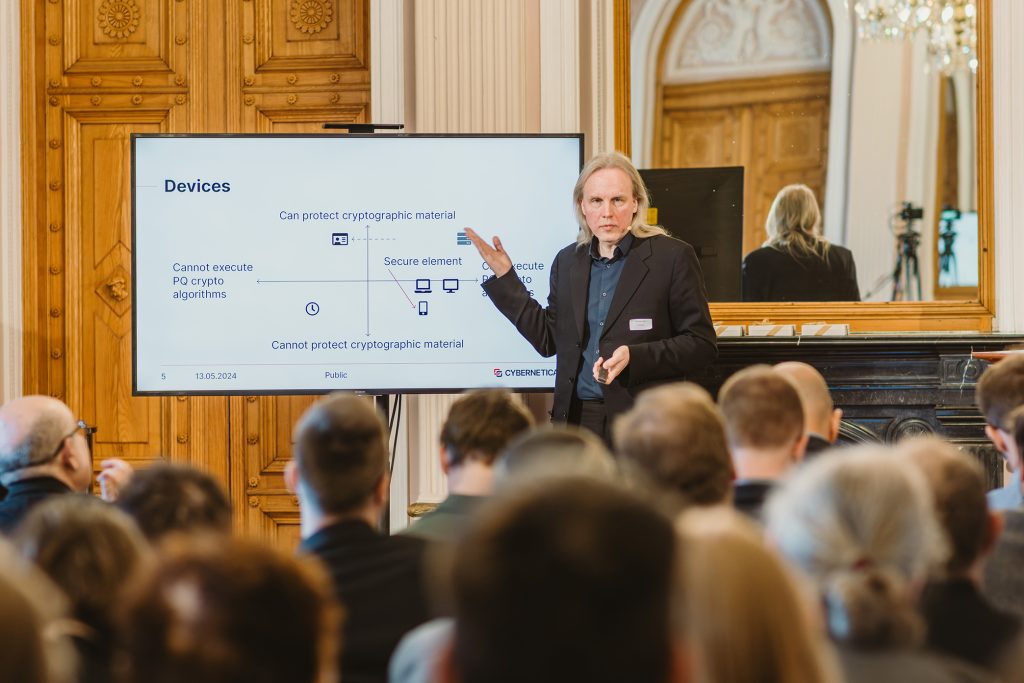
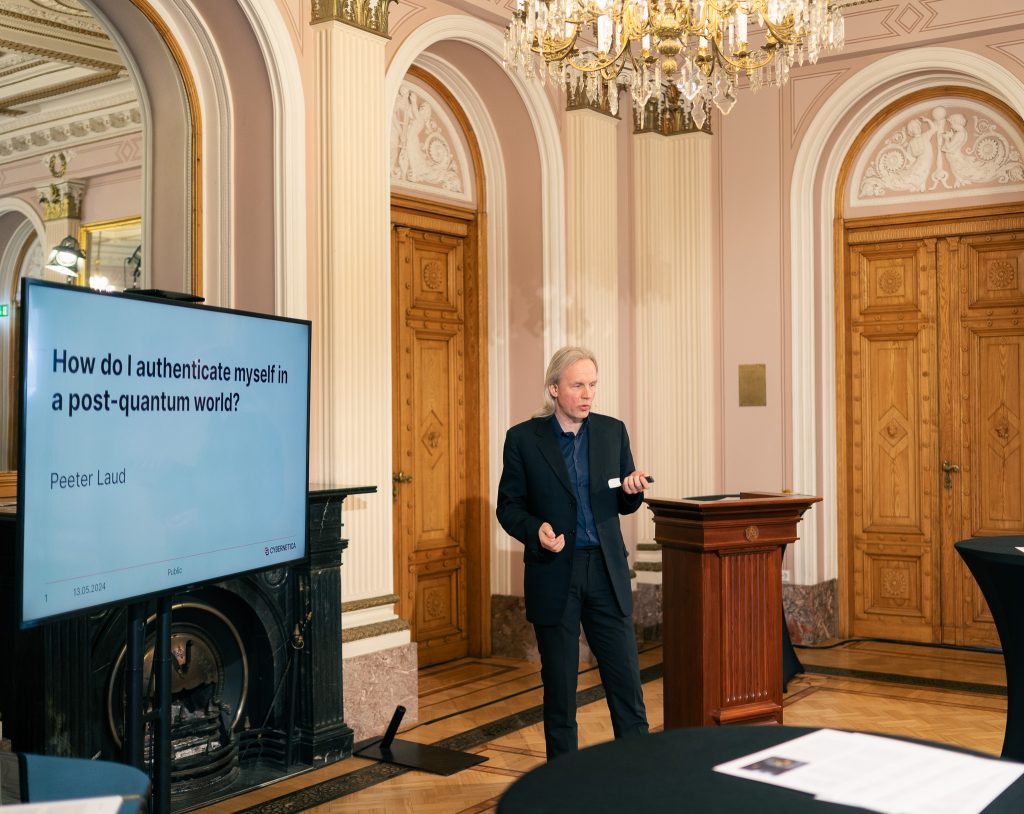
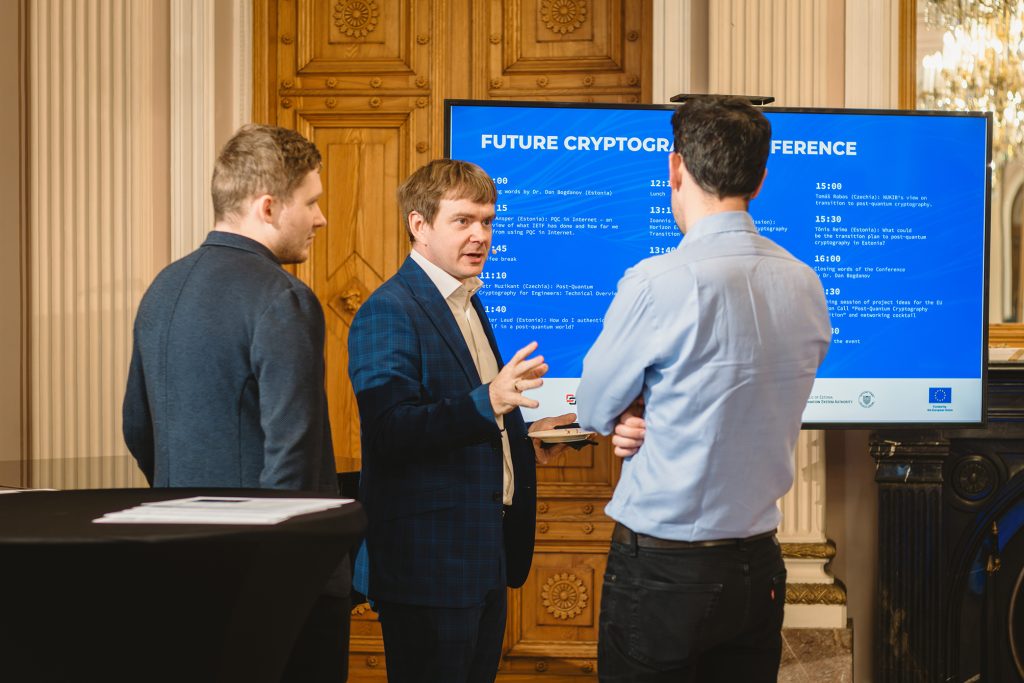
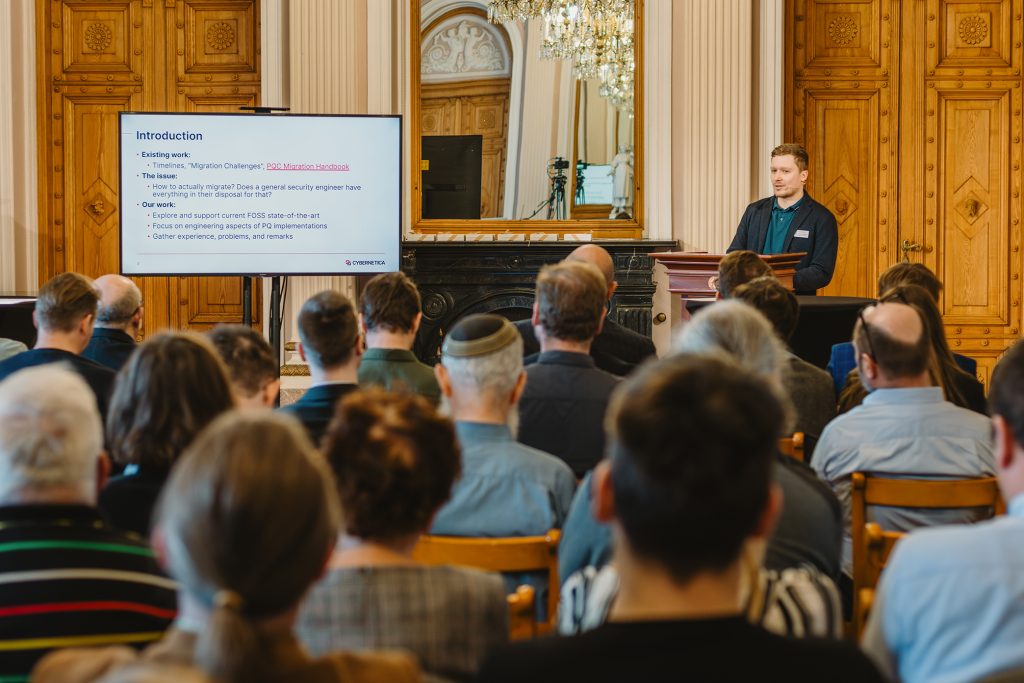
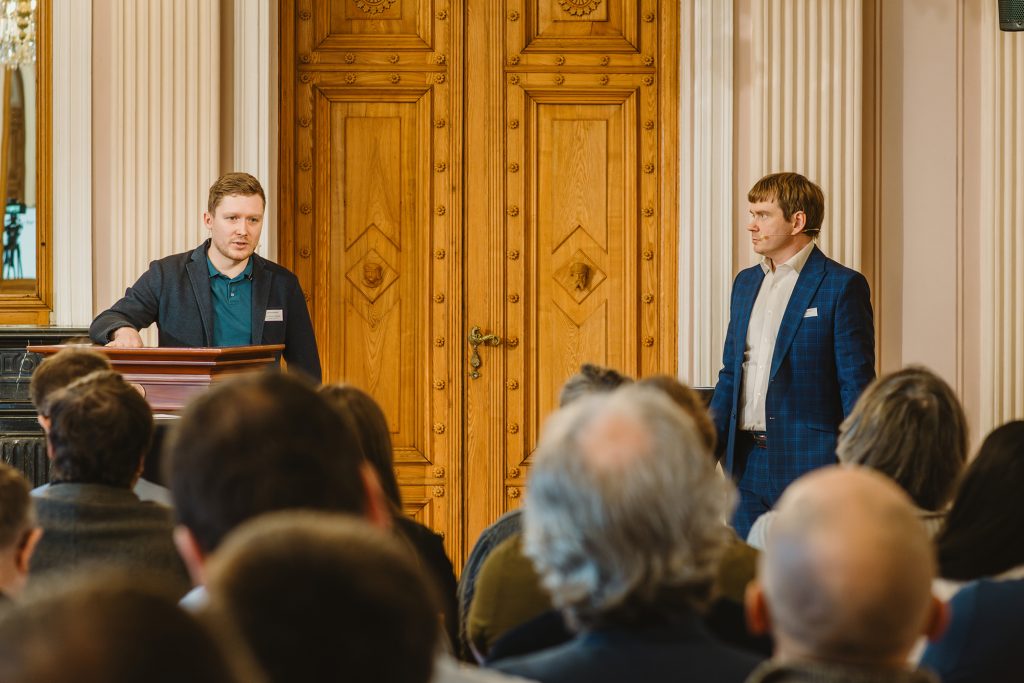
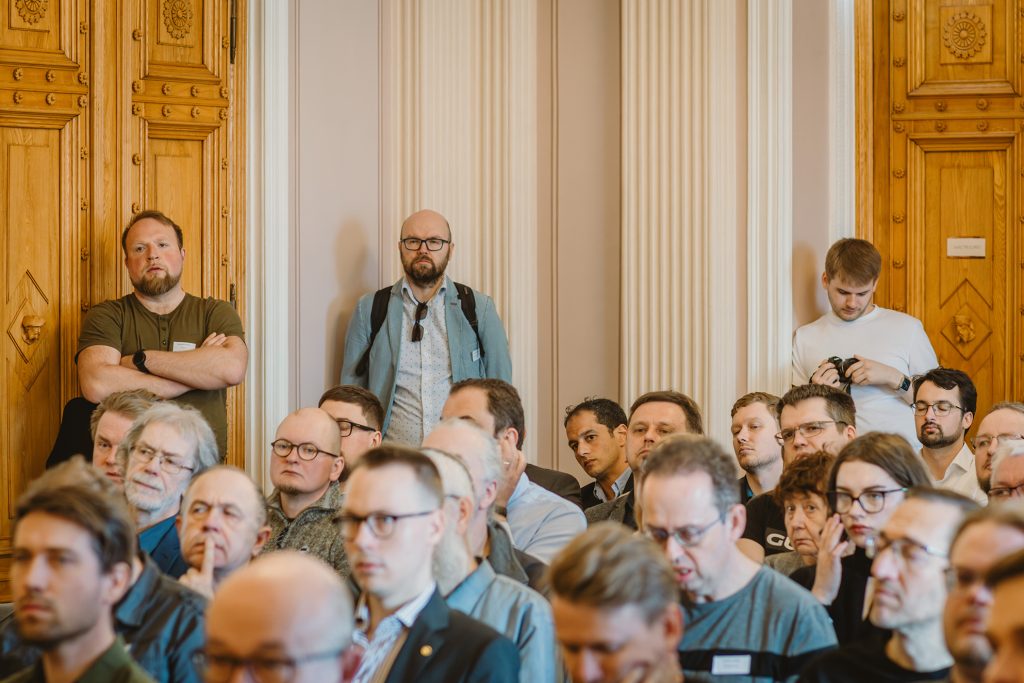
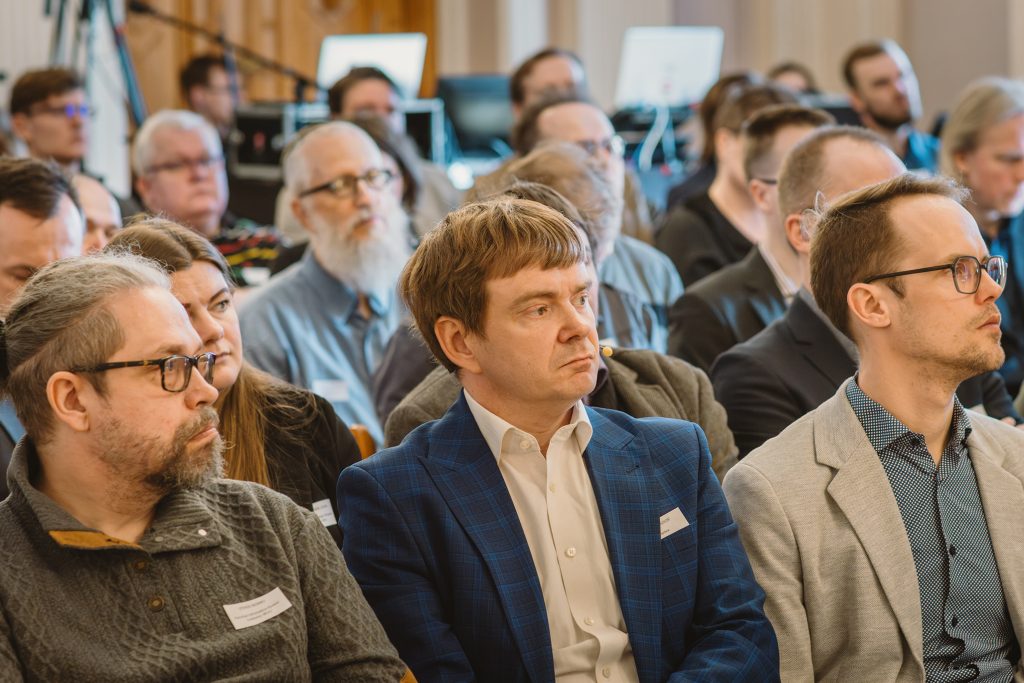
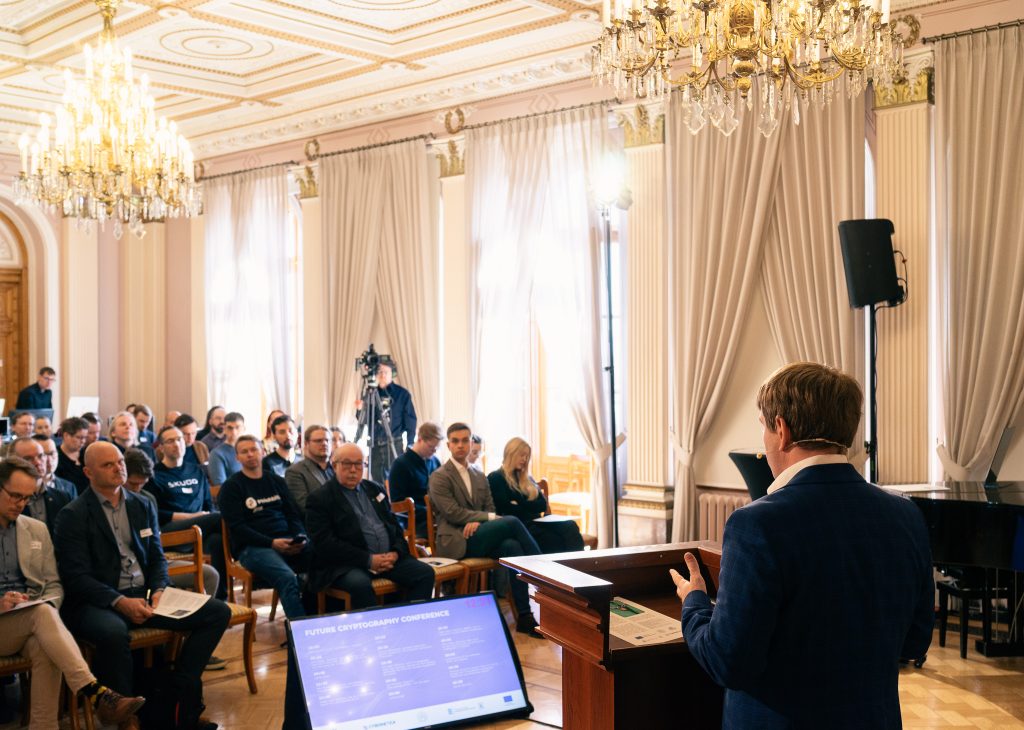
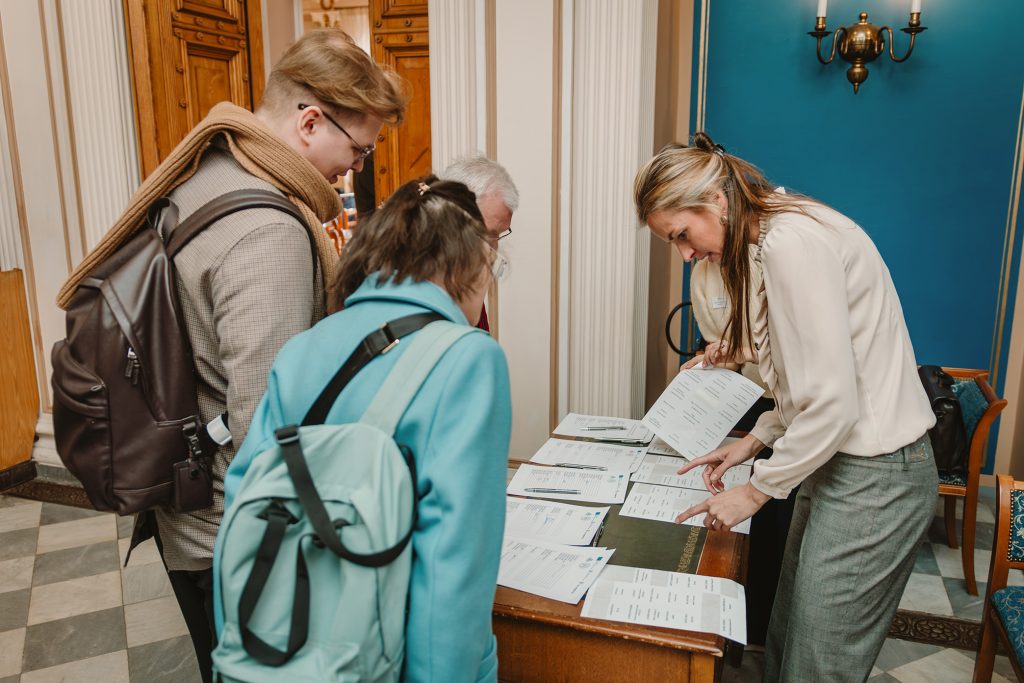

For more information about the presentations and videos, please visit the Future Conference Cryptography website https://futurecryptography.eu/ .